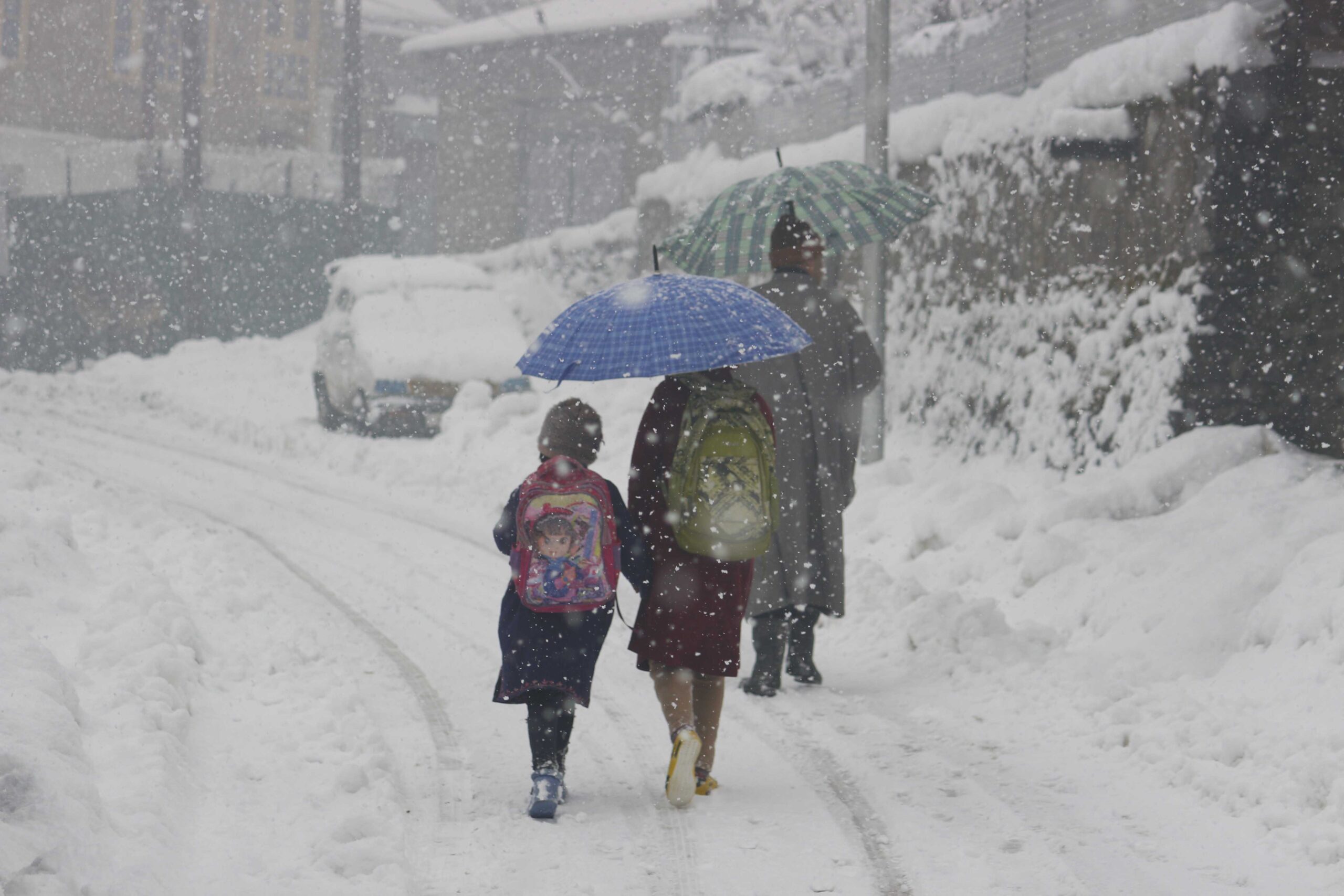The Kashmir region is facing the absence of significant snowfall in the plains, raising alarms among farmers and experts. The Meteorological (MeT) office has not provided hope for rain or snow in the plains, intensifying concerns about water scarcity for agriculture and horticulture crops.
According to experts, the timely and adequate snowfall during the ‘Chillai Kalan’ is crucial for replenishing perennial water reservoirs in the mountains. These reservoirs play a vital role in sustaining water levels in lakes, streams, rivers, and springs throughout the summer months.
Snowfall holds immense importance for Kashmir’s agriculture, providing essential water resources for irrigation during the dry months. The picturesque landscapes created by snow also attract tourists, but recent dissatisfaction among visitors suggests challenges related to excessive snow and travel experiences.
Renowned glaciologist and climate change researcher, Professor Shakil A Romshoo, explained the correlation between the North Atlantic Oscillation (NAO) and winter precipitation in Kashmir.
“Our research findings have confirmed a strong positive correlation between the North Atlantic Oscillation (NAO) and winter precipitation in the Kashmir region. In months where the NAO index is greater than 1 (positive), the subtropical jet is significantly more intense than in months where the NAO index is less than 1 (negative). Positive NAO leads to more active western disturbances (WDs) that bring the majority of winter precipitation to the Kashmir region”, he told local news wire KNO.
Professor Romshoo expressed worry about the impact on water-intensive paddy culture in Kashmir and the potential for very low snowfall this winter.
Dr. Suhaib A Bandh, Assistant Professor of Environmental Science, highlighted that prolonged dry weather adversely affects orchards and fruit crops, posing challenges to agricultural productivity.
“Dry spells disrupt natural irrigation patterns, reduce water availability for crops, and create conditions favourable for pests and diseases, impacting fruit trees’ growth and development,” he said.
Dr. Tariq Rasool, a senior scientist at SKAUST, acknowledged the uncertainty in predicting the impact on next year’s farming.
“If the whole winter turns dry, there are likely chances of fruit quality issues next year depending on various other factors,” Dr Tariq was quoted as saying by KNO.



































































